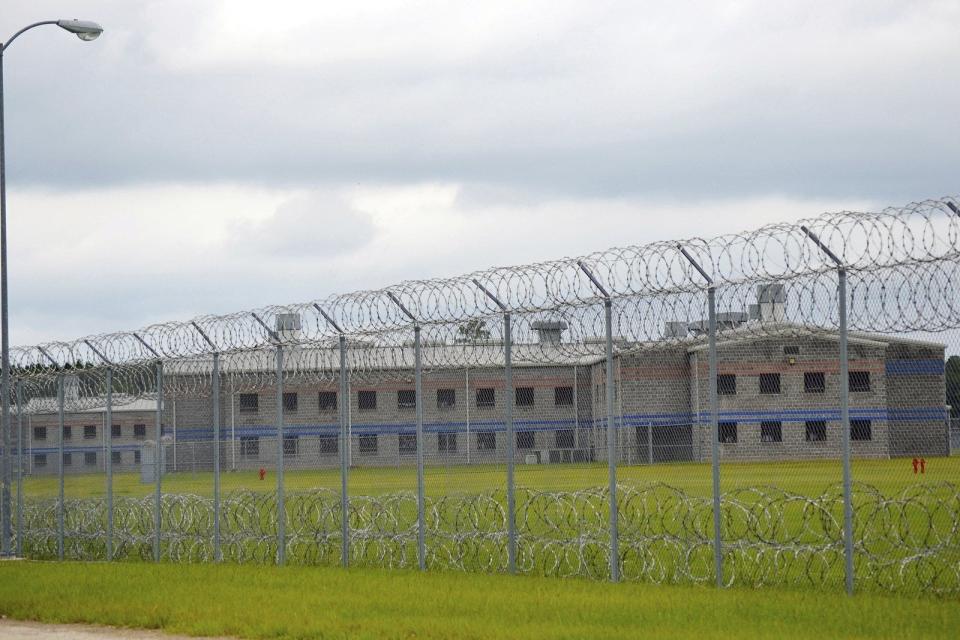Opinion: Texas should end medical copays in its prisons
It costs $13.55 to visit a medical clinic in a Texas prison. That may sound cheap compared to the price of an office visit in most cities. But for those in prison, most of whom have no income, $13.55 can be unattainable. And by causing incarcerated people to delay seeking medical care, this copay may be contributing to the spread of COVID-19 and to higher death rates as well.
As researchers who study the impact of COVID-19 on people in prisons, our analysis found that Black and Hispanic people in Texas prisons died of COVID-19 at significantly higher rates than white people. In the first year of the pandemic, the COVID-19 mortality rate for Black people was 1.6 times that of white people in Texas prisons. Hispanic people in Texas prisons died from COVID at twice the rate of white people incarcerated in Texas.

Black and Hispanic people, who often face tougher economic circumstances inside or outside of prisons, are often more reluctant to seek medical attention compared to white individuals and cite medical copays as a contributing factor.
When people avoid medical care, diseases are more likely to spread inside the facility, as well as in the surrounding community where people are released and where prison employees live. Untreated illness is also likely to get worse, which means that eventually, the treatment required will be more aggressive and costly.
Recognizing this threat to public health, several states have eliminated copays for people in prison. Illinois’ prison system eliminated its $5 copay in July 2019. The California Department of Corrections and Rehabilitation also stopped charging a $5 medical copay to incarcerated people. While the Texas Department of Criminal Justice (TDCJ) did temporarily suspend medical copays for those “exhibiting COVID or flu-like symptoms” during the start of the pandemic, COVID-19 has a range of symptoms. Without assurance that the costs of a medical visit would be covered, incarcerated people with limited funds may have been reluctant to seek medical care. What’s more, in 2021 TDCJ reinstated medical copays even for those with COVID-19 or flu-like symptoms.
Incarcerated people and their families struggle to afford medical copays alongside other costs, such as for the commissary where they must acquire their own basic supplies like soap and socks. If they can’t pay for the necessities of hygiene and health care, incarcerated people accrue debts while inside that follow them upon release.
Often, formerly incarcerated people must depend on family members to pay these bills or are forced to prioritize these debts over other pressing needs such as feeding, clothing, and housing family members who rely on their income. Successful reentry from prison is difficult enough without these added burdens from debts often created through medical copays.
People in Texas prisons have already paid a high price for the failures of the Texas Department of Criminal Justice — more than 355 incarcerated people have died of COVID-19. To prevent further tragedy, Texas should eliminate medical copays for incarcerated people, and take meaningful steps to reduce the number of people behind bars. Until this happens, COVID-19 will remain a deadly threat to people living and working in prisons.
Klonsky is a Research and Policy Fellow at the UCLA Law COVID Behind Bars Project and a Lecturer at the University of Chicago Crown Family School of Social Work and Social Policy.
Marquez is a research scientist at the UCLA Law COVID-19 Behind Bars Project and a Ph.D. candidate in the sociology department at the University of Washington.
This article originally appeared on Austin American-Statesman: Opinion: To avoid more tragedy, Texas should end medical copays in prisons

